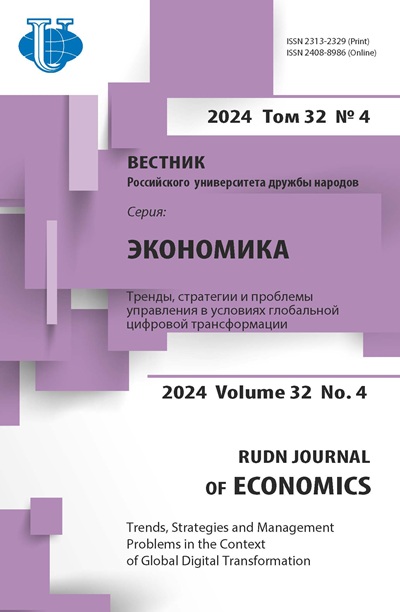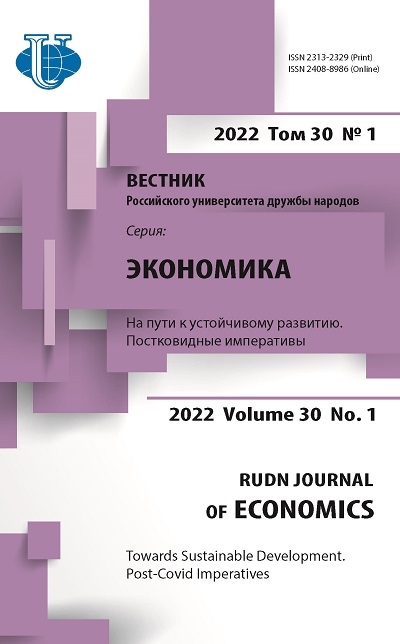Abstract
The agro-industrial complex is a business sector on the successful activity of which depends not only on the food security of the state, but also the health of the population living on its territory. Currently, the agricultural industry is moving from a traditional method of production to digital. This confirms the use of digital devices, unmanned aerial vehicles, smart greenhouses, and robots. Among other things, the digitization process significantly changes the time for making management decisions. One of the important components of the transition to digitalization is the use of human capital. It is no secret that the process of digitalization in the production process requires considerable knowledge and skills, and therefore the task for agricultural education is to train specialists for digital agriculture. The article presents the demarcation of conceptual approaches to the formation of human capital in the context of traditional production and in a transitive economy. The aim of the study is to develop the basic principles, tasks, directions, tools and expected results of the formation and development of human capital in the transition to digital agriculture.















